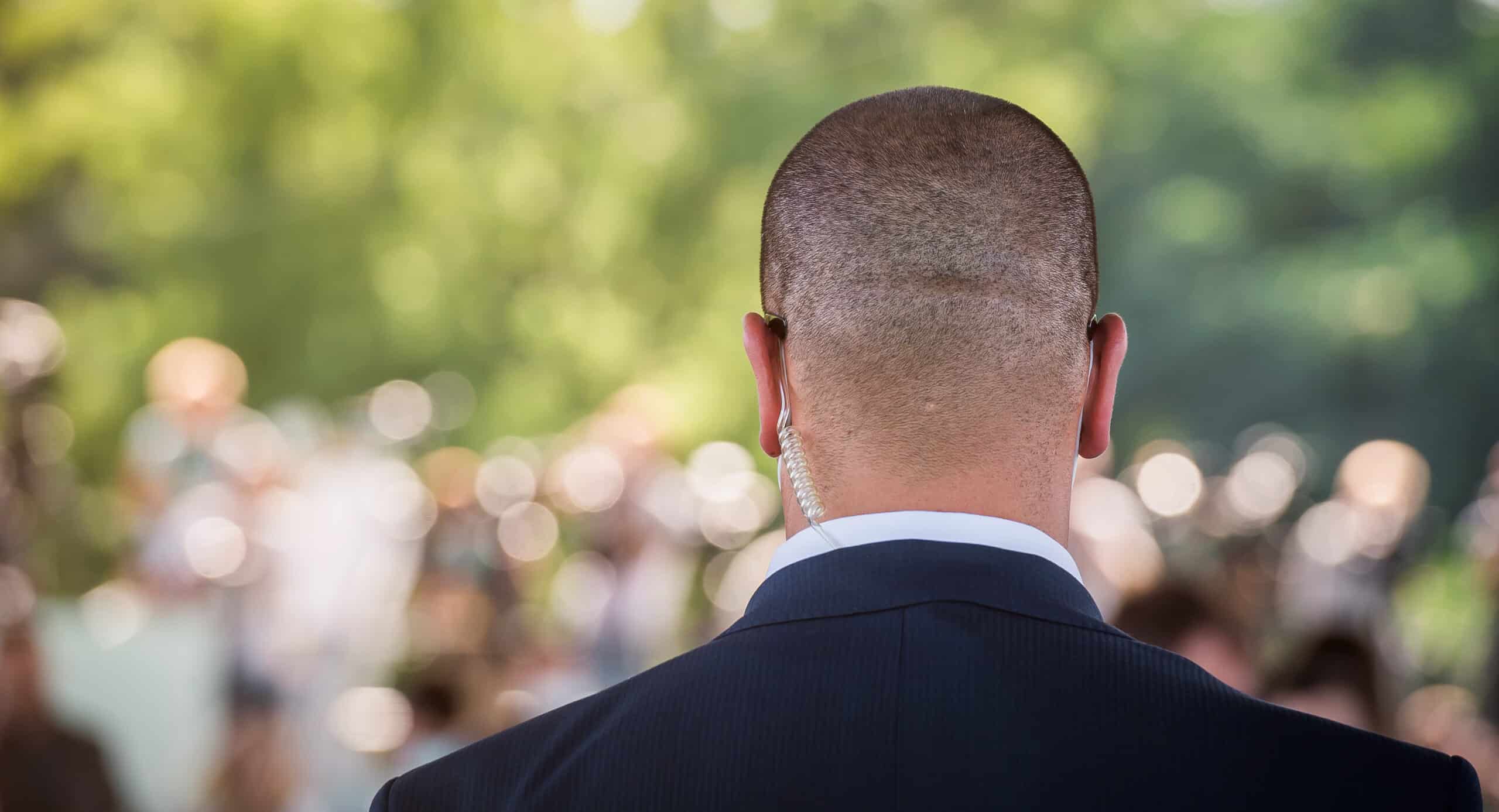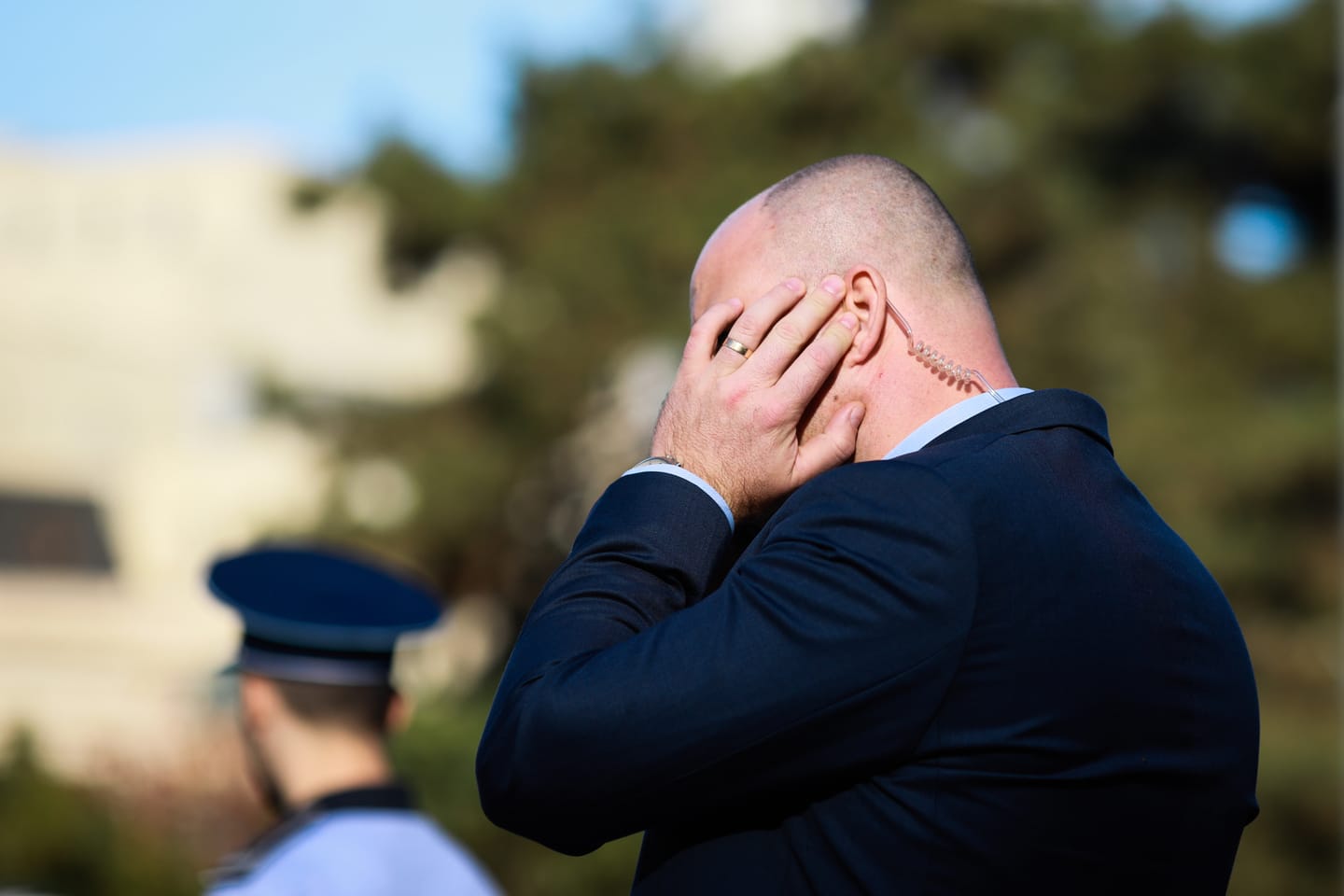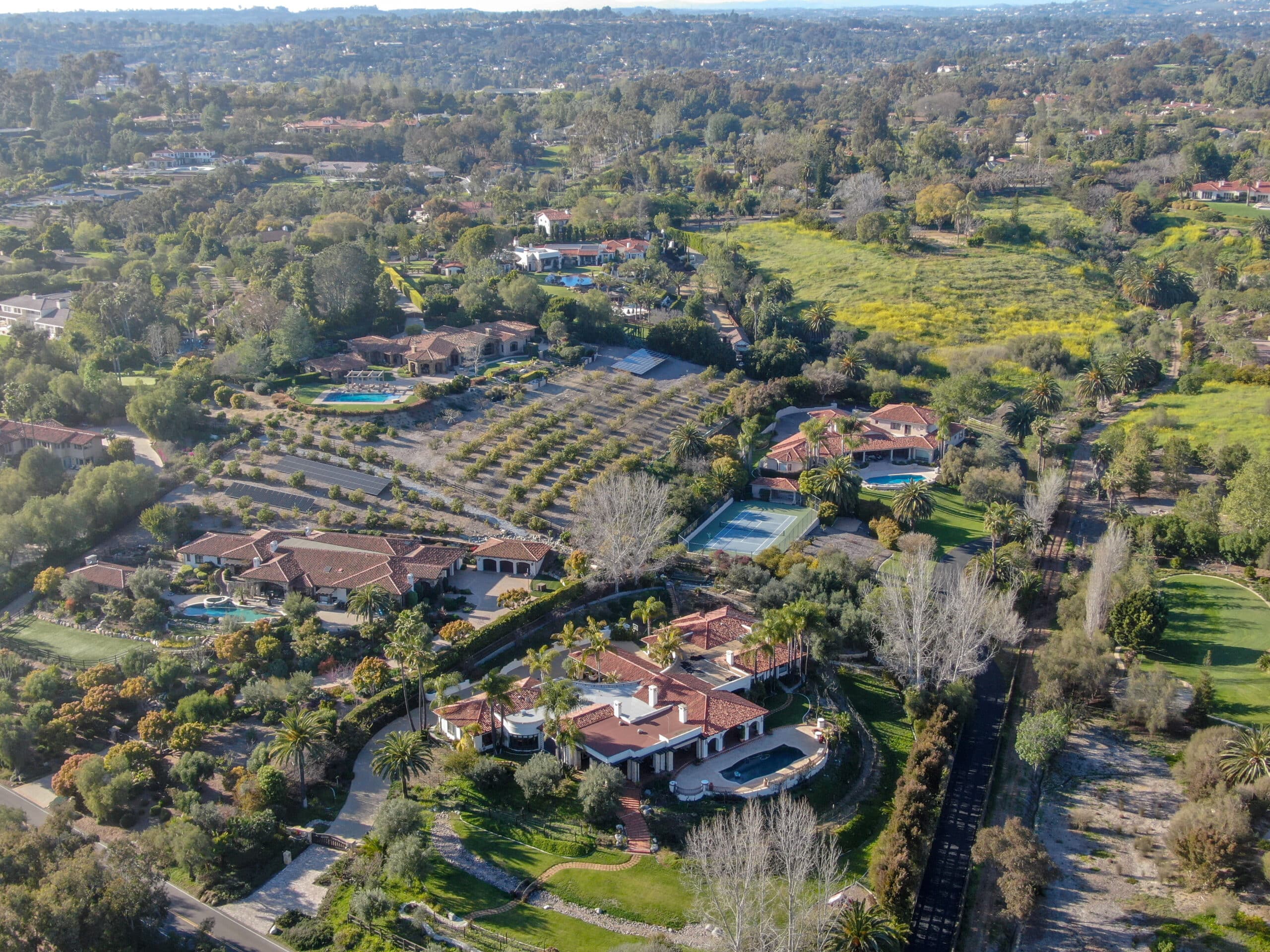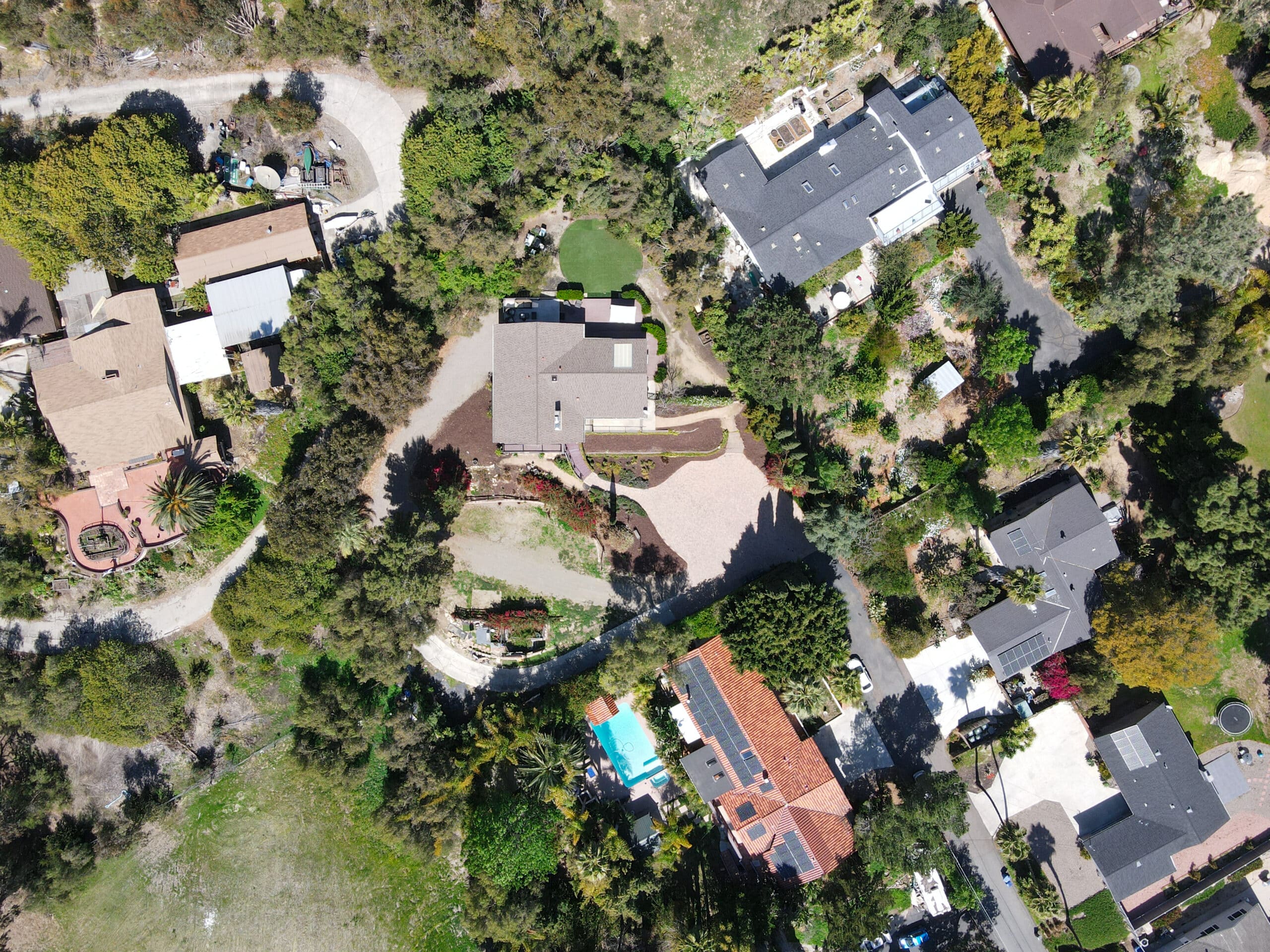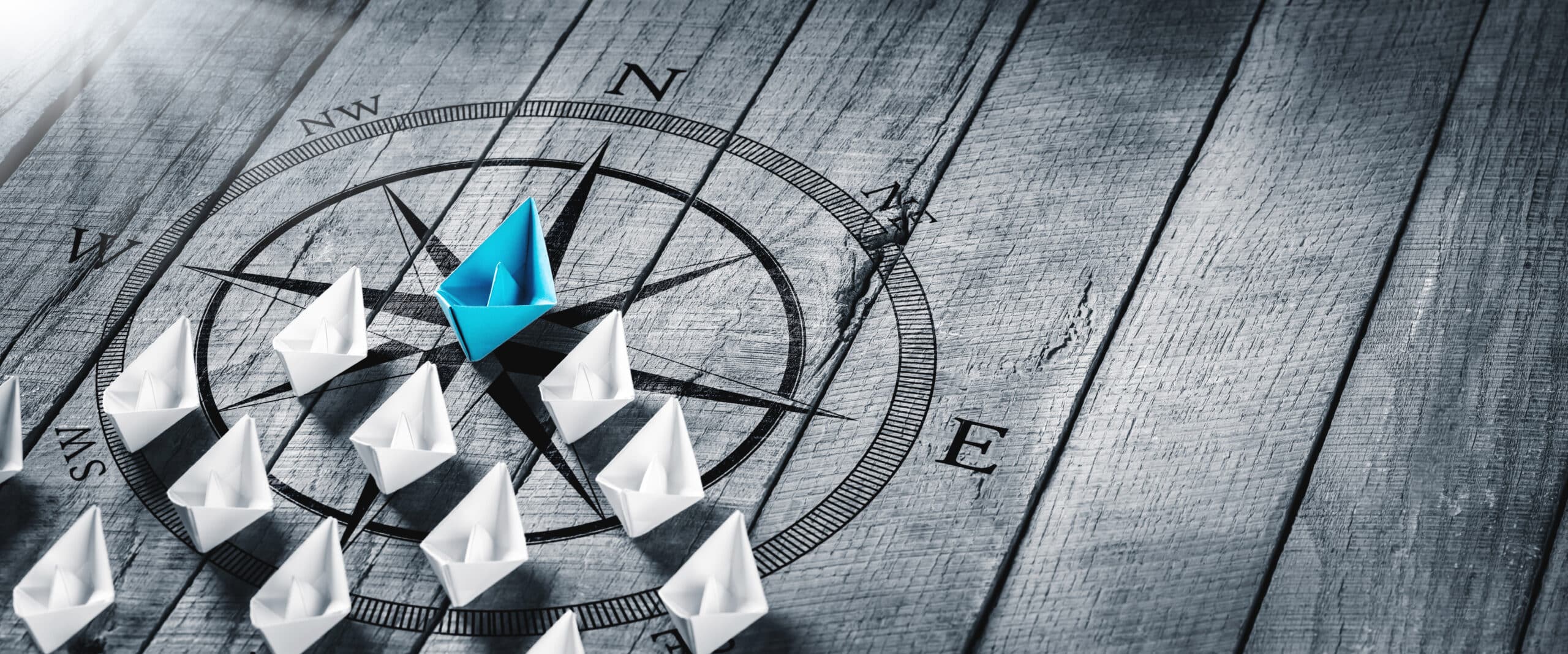Estimated reading time: 8 minutes
In today’s world, personal security is more important than ever. Whether for high-profile individuals, business executives, or individuals facing personal threats, hiring a bodyguard is a critical decision that requires careful consideration. The right bodyguard can offer protection and peace of mind, allowing you to go about your daily activities without undue concern for your safety. This guide dives into the top qualities to seek in a bodyguard, ensuring you choose a professional who meets and exceeds your expectations. Let’s explore the essential attributes that set the best bodyguards apart, promising security and a partnership grounded in trust and professionalism.
Table of contents
Extensive Training and Professional Background
Rigorous Skill Development
For a bodyguard, extensive training is not merely a prerequisite but the foundation of their effectiveness. This encompasses a broad spectrum of skills, from physical combat to crisis management and advanced driving to first aid. Ideally, a bodyguard should have undergone training programs certified by recognized security institutions. These programs prepare them for various threats and situations, ensuring they can protect their principals. Moreover, regular upskilling is a sign of a dedicated professional, as it shows their commitment to staying abreast of the latest security protocols and technologies.
Specialized Areas of Expertise
Diving deeper, the value of a bodyguard is often enhanced by their areas of specialization. Whether it’s expertise in cybersecurity to protect against digital threats or a background in martial arts for physical defense, specialized skills can make a significant difference. For instance, a bodyguard with a military or law enforcement background brings a wealth of experience in tactical planning and high-pressure decision-making. Such expertise is invaluable in assessing risks and implementing strategies that preemptively neutralize threats, ensuring the safety of the principal.
Professional Credentials and References
Lastly, a thorough examination of a bodyguard’s professional background is imperative. This includes checking their credentials, certifications, and references from previous assignments. A reputable bodyguard will have a track record of reliability, discretion, and unwavering dedication to their duty. Positive feedback from former employers or clients shows their professionalism and effectiveness. Additionally, affiliations with esteemed security organizations can further attest to their credibility and adherence to the field’s highest standards of conduct and competence.
Unwavering Discretion and Professionalism
Maintaining Confidentiality
A paramount quality in a bodyguard is maintaining the highest levels of confidentiality. This goes beyond mere non-disclosure of sensitive information; it encompasses a comprehensive understanding of privacy concerns and the ability to navigate various social and professional settings without drawing undue attention. Discretion ensures that all client dealings and potentially vulnerable information are handled with the utmost care, preventing any compromises in security or privacy. This trait is particularly crucial in today’s digital age, where information leakage can occur through careless conversations or social media interactions. A bodyguard’s commitment to confidentiality safeguards the personal and professional interests of the principal, fostering a trust-based relationship.
Professional Demeanor in All Situations
Professionalism for a bodyguard extends into every aspect of their conduct, from their appearance and mannerisms to their decision-making and crisis-management skills. This includes consistently displaying a calm, composed demeanor, even under extreme pressure. Such a demeanor reassures the principal and helps de-escalate potential threats. A professional bodyguard is punctual and respectful and demonstrates an excellent work ethic, including preparedness for duties at any hour. Their ability to remain vigilant yet unobtrusive allows the principals to go about their daily activities without unnecessary interruption or stress, ensuring a seamless security integration into the principal’s lifestyle.
Ethical Judgment and Decision Making
Ethics play a central role in the profession of a bodyguard. This encompasses the ability to make quick decisions that align with legal standards and moral principles, ensuring the safety of the principal without compromising on integrity. A bodyguard’s ethical judgment is tested when balancing the need for assertive action with the imperative to avoid unnecessary harm or conflict. Such decision-making prowess is developed through extensive training and experience, underscored by a strong personal commitment to ethical conduct. A bodyguard’s adherence to ethical guidelines protects the principal physically and upholds their reputation, contributing to a comprehensive approach to security.
Physical Fitness and Self-Defense Skills
Peak Physical Condition
Physical fitness is a cornerstone of a bodyguard’s effectiveness, requiring endurance, strength, and agility that surpasses ordinary standards. A bodyguard in peak physical condition can respond swiftly to threats, endure long hours of duty without fatigue, and physically protect their principal if necessary. This involves a disciplined physical training regimen that includes cardiovascular exercises, strength training, and flexibility practices. Such a regimen ensures that the bodyguard remains ready and capable of intense physical exertion at a moment’s notice. Moreover, physical fitness contributes to a bodyguard’s commanding presence, often acting as a deterrent to potential aggressors.
Advanced Self-Defense Techniques
Beyond general physical fitness, a bodyguard’s expertise in self-defense techniques is crucial for neutralizing threats with minimal violence. Proficiency in martial arts or combat sports such as Krav Maga, Brazilian Jiu-Jitsu, or boxing equips bodyguards with the skills to defend themselves and their principals effectively. These techniques enable bodyguards to subdue assailants without resorting to lethal force, aligning with legal and ethical standards. Advanced training also includes disarming opponents and controlling crowds, further ensuring the safety of the principal in various confrontational scenarios.
Tactical Response and Situational Awareness
The synthesis of physical prowess with tactical response capabilities defines the elite bodyguard. This includes situational awareness — the ability to read environments for potential threats and respond proactively. Bodyguards train to anticipate and mitigate risks in crowded public spaces, during transit, or at events. Tactical response training also covers emergency evacuation procedures, vehicular maneuvers, and the use of protective gear. A bodyguard’s situational awareness and physical and tactical skills form a comprehensive defense mechanism that ensures the principal’s safety in various circumstances.
Emergency Preparedness and First Aid Proficiency
Advanced First Aid and Medical Training
In personal security, proficiency in first aid and emergency medical techniques is as vital as any defensive skill. Bodyguards must be equipped to handle various medical emergencies, from administering CPR to managing trauma injuries until professional medical help arrives. This requires advanced first aid training, including certification in CPR and the use of Automated External Defibrillators (AEDs). A bodyguard’s ability to swiftly and effectively administer medical care can be lifesaving, mainly when immediate healthcare access is unavailable. Their training also encompasses recognizing signs of various health issues, such as heart attacks or allergic reactions, ensuring comprehensive care in critical moments.
Crisis Management Skills
A bodyguard’s role often lies in their ability to manage crises with composure and efficiency. This includes preparing for and responding to various emergencies, from natural disasters to terrorist attacks. Crisis management skills are built upon a foundation of strategic planning, quick thinking, and effective communication. Bodyguards must evaluate risks, make swift decisions, and execute evacuation protocols seamlessly. Their training involves simulations of various emergency scenarios, equipping them with the knowledge and reflexes to protect their principal. This preparedness ensures the safety of the principal, regardless of the nature of the emergency.
Operational Planning and Threat Assessment
A comprehensive approach to emergency preparedness involves responding to incidents and anticipating and mitigating potential threats. This requires a bodyguard to have a keen insight into threat assessment and operational planning. Understanding the principal’s schedule, the layout of venues, and the specifics of travel routes allows for identifying vulnerabilities and developing contingency plans. Bodyguards employ their knowledge of security measures to conduct risk assessments, determining the likelihood of various threats and devising strategies to avoid them. Their expertise in operational planning ensures that protocols are in place for a swift, organized response to any emergency, minimizing risk and enhancing the principal’s safety.
Exceptional Situational Awareness and Communication
Mastery of Situational Awareness
At the heart of a bodyguard’s operational effectiveness is their mastery of situational awareness. This skill enables them to perceive, analyze, and understand their environment to identify potential threats before they materialize. Bodyguards constantly scan their surroundings for any anomalies or signs of danger, from suspicious behavior in individuals to hazardous environmental conditions. This vigilance allows them to anticipate and avoid potential threats, ensuring the safety of the principal. Situational awareness also involves understanding the nuances of social dynamics and recognizing the significance of seemingly innocuous details that could signal a threat. By maintaining a high level of awareness, bodyguards can effectively navigate complex environments, minimizing risks and ensuring the principal’s security.
Effective Communication Skills
Effective communication is another cornerstone of a bodyguard’s capabilities. This encompasses precise, concise interactions with the principal, other security personnel, and law enforcement agencies. Bodyguards must be adept at conveying information succinctly and accurately, ensuring that all parties are informed of any potential threats or changes in the security plan. This also includes the ability to listen and interpret the principal’s needs, ensuring that their security measures do not overly intrude on the principal’s personal or professional life. Furthermore, communication skills are essential in de-escalating potentially volatile situations, allowing bodyguards to resolve conflicts without physical confrontation. Through effective communication, bodyguards coordinate their efforts, enhancing the overall security apparatus surrounding the principal.
Coordination and Teamwork
Beyond individual skills, exceptional situational awareness and communication facilitate effective coordination and teamwork among security personnel. Bodyguards often work as part of a more extensive security detail, where seamless collaboration is crucial for the comprehensive protection of the principal. This involves coordinated movements, strategic positioning, and synchronized responses to threats, all dependent on effective communication. Teamwork extends to working with venue security, event organizers, and emergency services, ensuring all parties are aligned with the security objectives. The ability to work cohesively as a unit, leveraging the strengths of each member, significantly enhances the protective measures, ensuring that the principal benefits from a multi-layered security approach.
Conclusion
In conclusion, hiring a bodyguard entails a thorough evaluation of qualities that go beyond mere physical presence. The top attributes discussed — extensive training and professional background, unwavering discretion and professionalism, physical fitness and self-defense skills, emergency preparedness and first aid proficiency, and exceptional situational awareness and communication — are pivotal in ensuring that the selected individual is not only capable of protecting their principal from physical harm but also adept at navigating the complexities of various potentially hazardous situations. These qualities combined create a comprehensive security approach, offering peace of mind to those seeking protection. As the demand for personal securitygrows in an increasingly uncertain world, understanding these essential qualities becomes crucial for anyone looking to hire a bodyguard. This guide aims to empower individuals and organizations with the knowledge to make informed decisions, ensuring the safety and well-being of their protectees through the selection of highly qualified and dedicated professionals.

